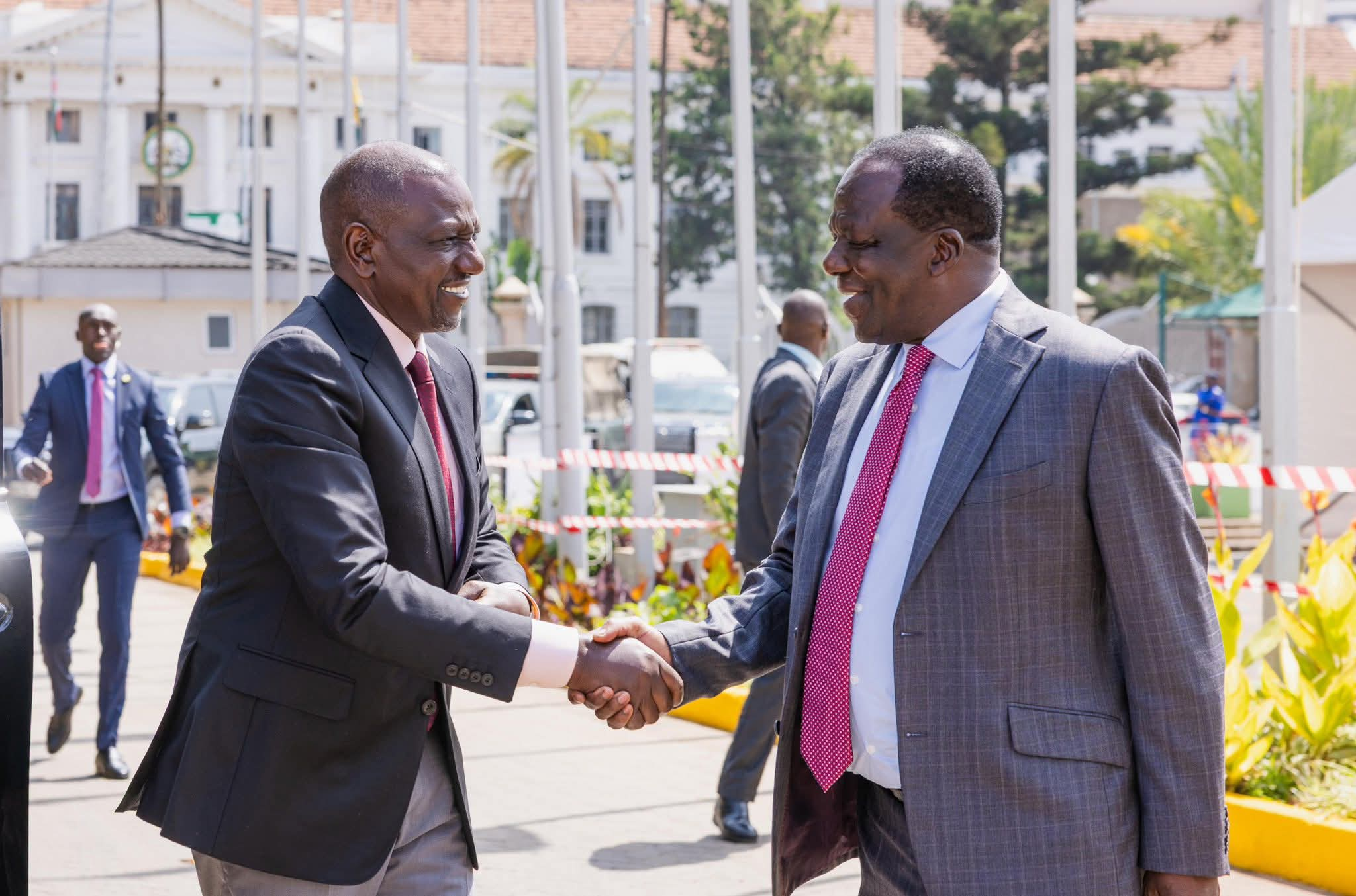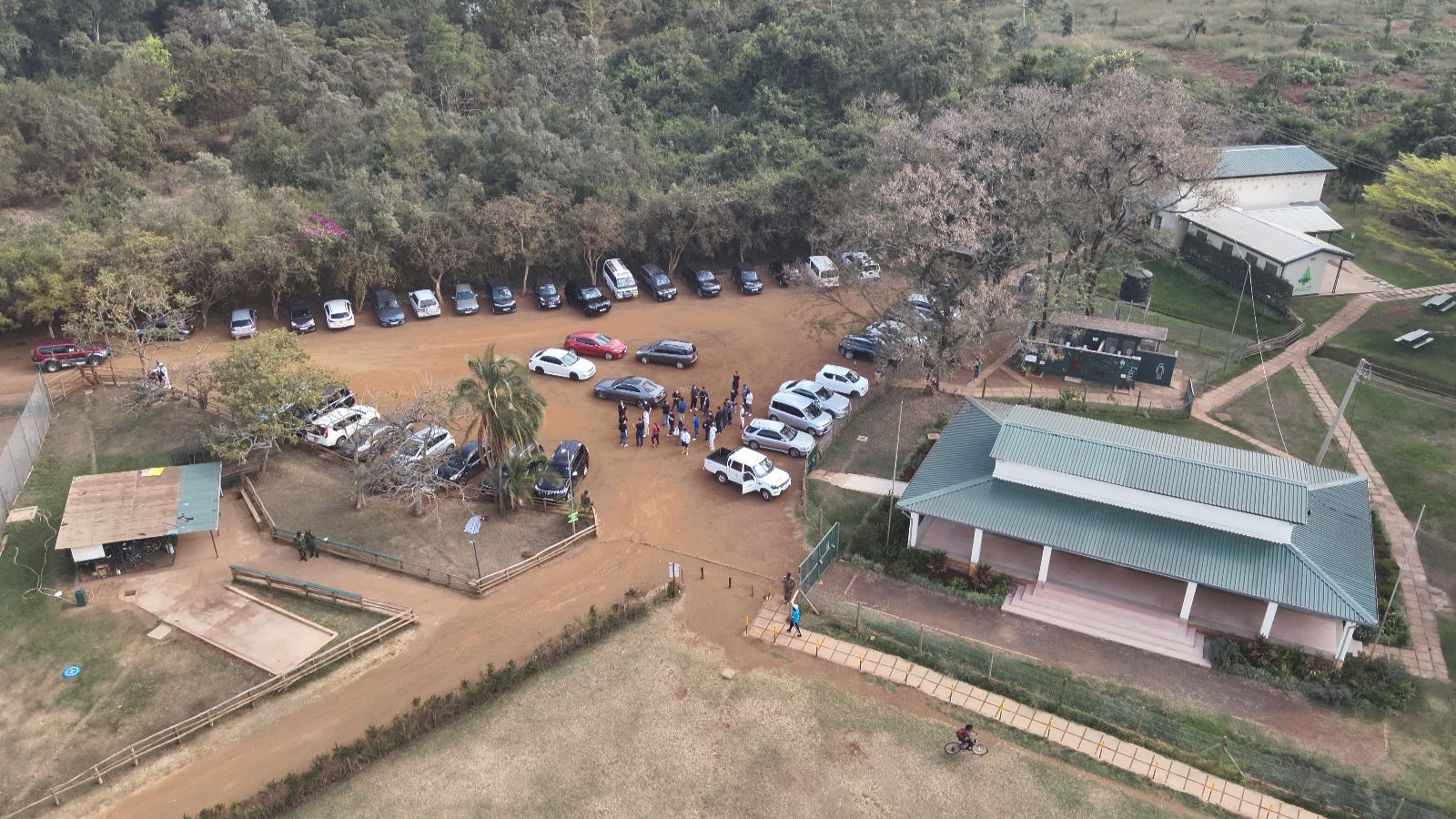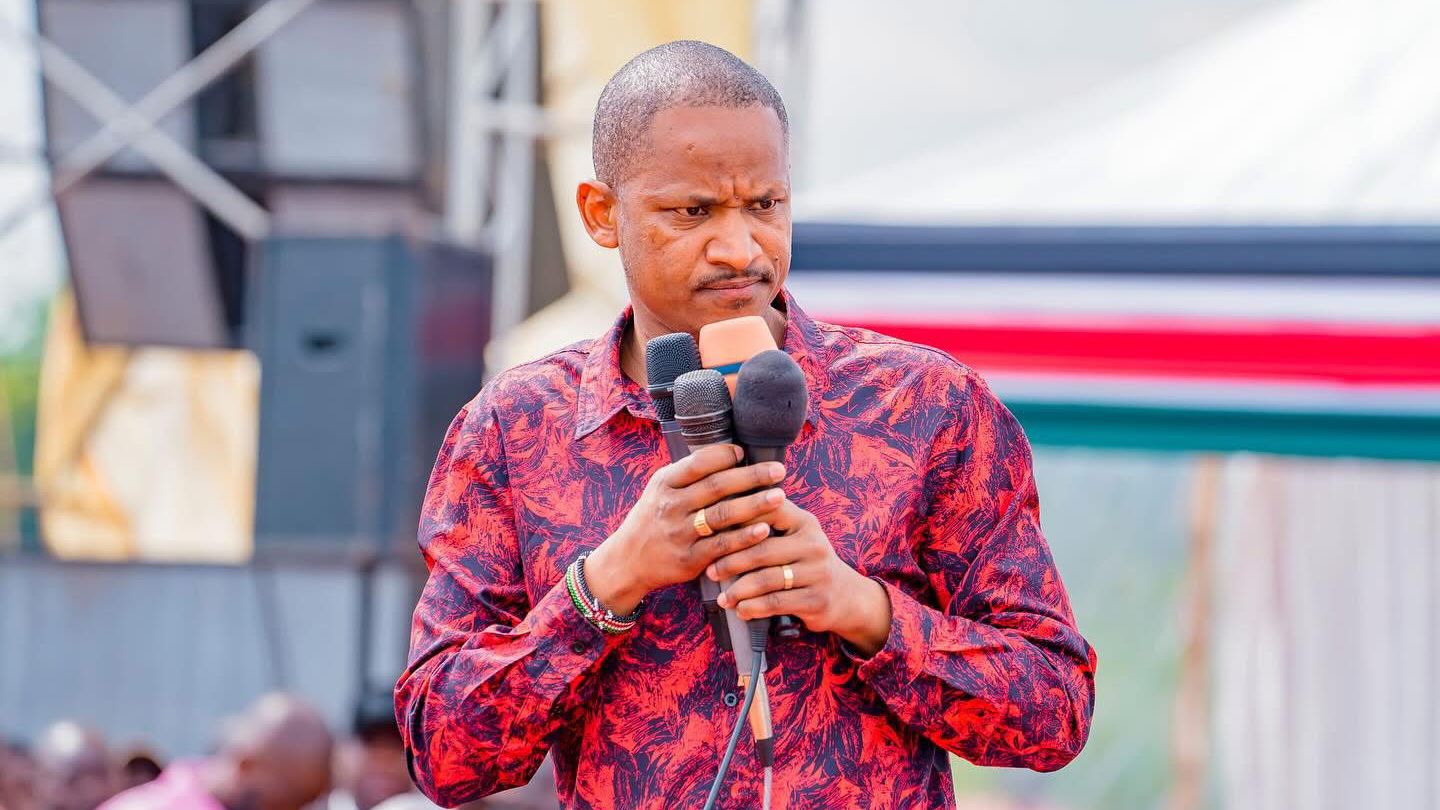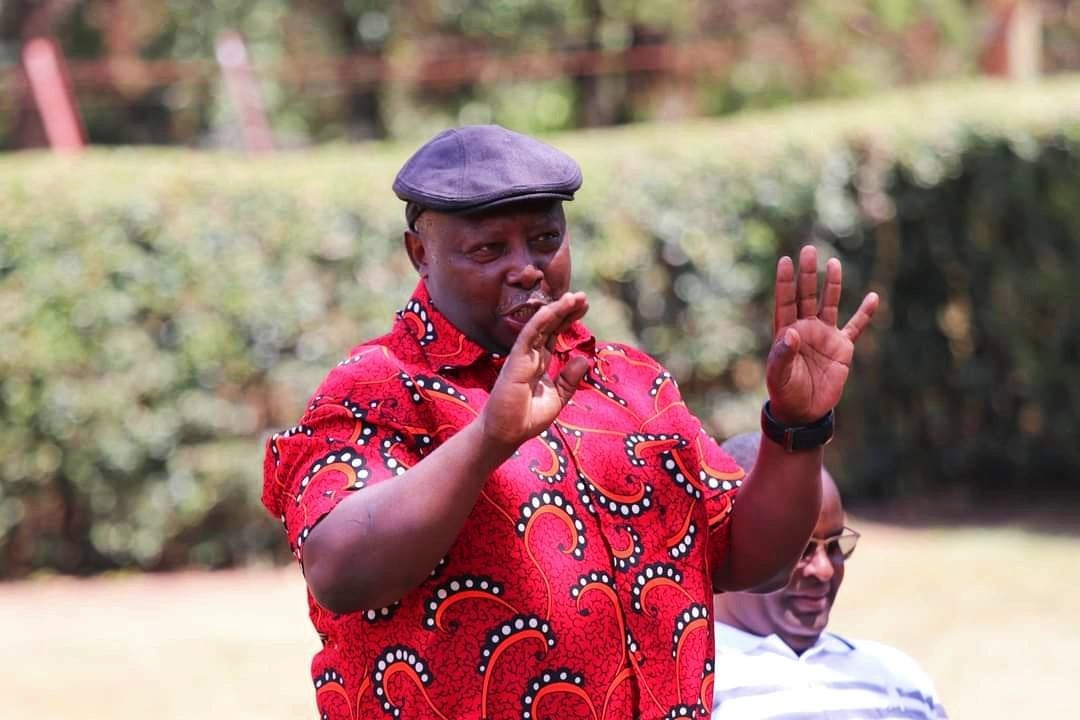Kenya and Uganda signed eight key bilateral agreements on Wednesday, July 30, aimed at strengthening cooperation between the two East African neighbours.
The Memorandum of Understandings (MoUs) were agreed upon in State House, Nairobi, during a State Visit by Uganda’s President Yoweri Museveni, who was received by his Kenyan Counterpart, President William Ruto.
The agreements, which covered trade, investment, education, energy, transport, urban planning, and foreign affairs, are expected to enhance cross-border collaboration and address long-standing trade and logistical challenges between the two nations.
One of the most significant agreements focused on facilitating smoother trade. Both countries committed to resolving issues that have frequently led to trade disputes, including the movement of goods, taxes, and customs clearance.
The two presidents also addressed the extension of the Standard Gauge Railway from Naivasha to Malaba and into Uganda and the dualling of the Nairobi-Nakuru-Mau Summit road and its eventual extension to Malaba and Uganda in efforts to boost the transport sector between the two countries.
Read More
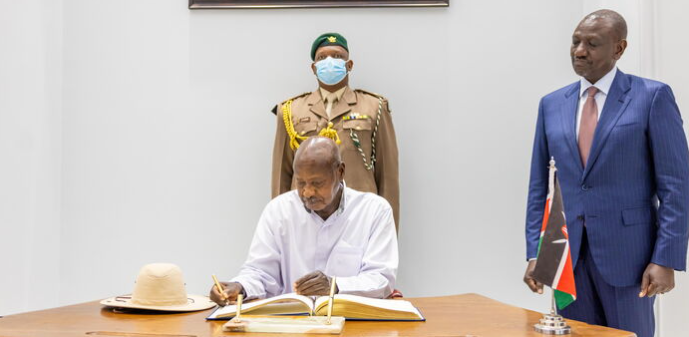
Other key issues discussed included cross-border challenges, notably the long-standing dispute over the Migingo Island fishing grounds.
"The signing of eight new Memoranda of Understanding not only strengthens our cooperation, but also catalyses economic development, deepens people-to-people ties, and ensures our relations deliver tangible benefits for our citizens," Ruto stated.
In his part, President Museveni emphasized the critical need for African countries to prioritize market integration over political posturing, arguing that fragmented economies are holding back the continent's development.
“Modern economies are built on the production of goods and services. The more goods and services you produce, especially industrially, in agriculture, and so on, the wealthier you are. But when you produce goods and services, the next question is, who buys what you produce? So the issue of the producers and the consumers is central to a modern economy,” he noted.
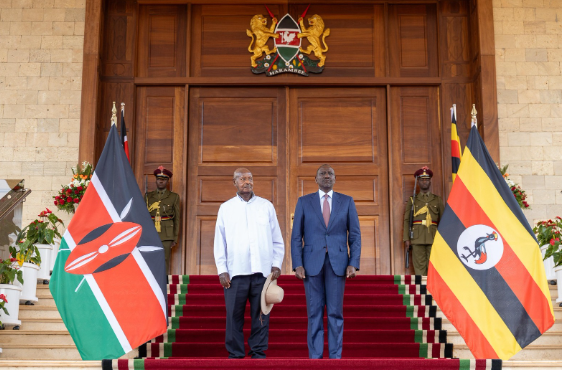
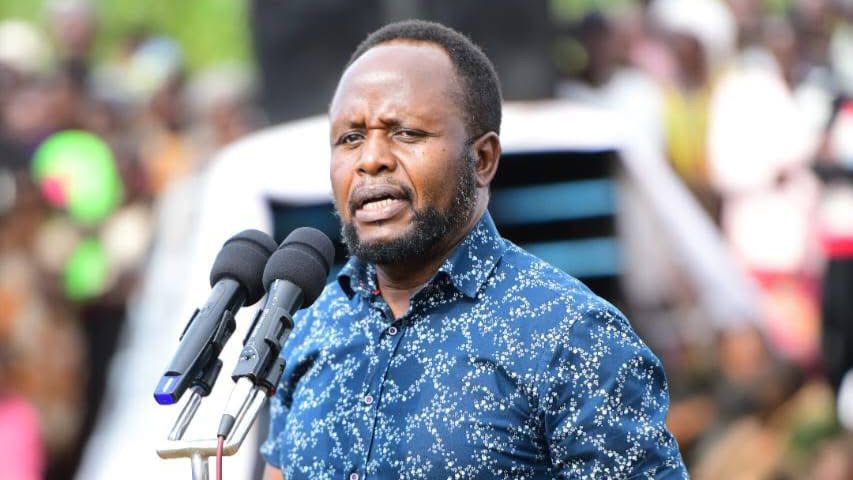
-1757923602.jpg)
